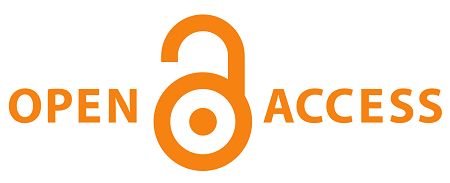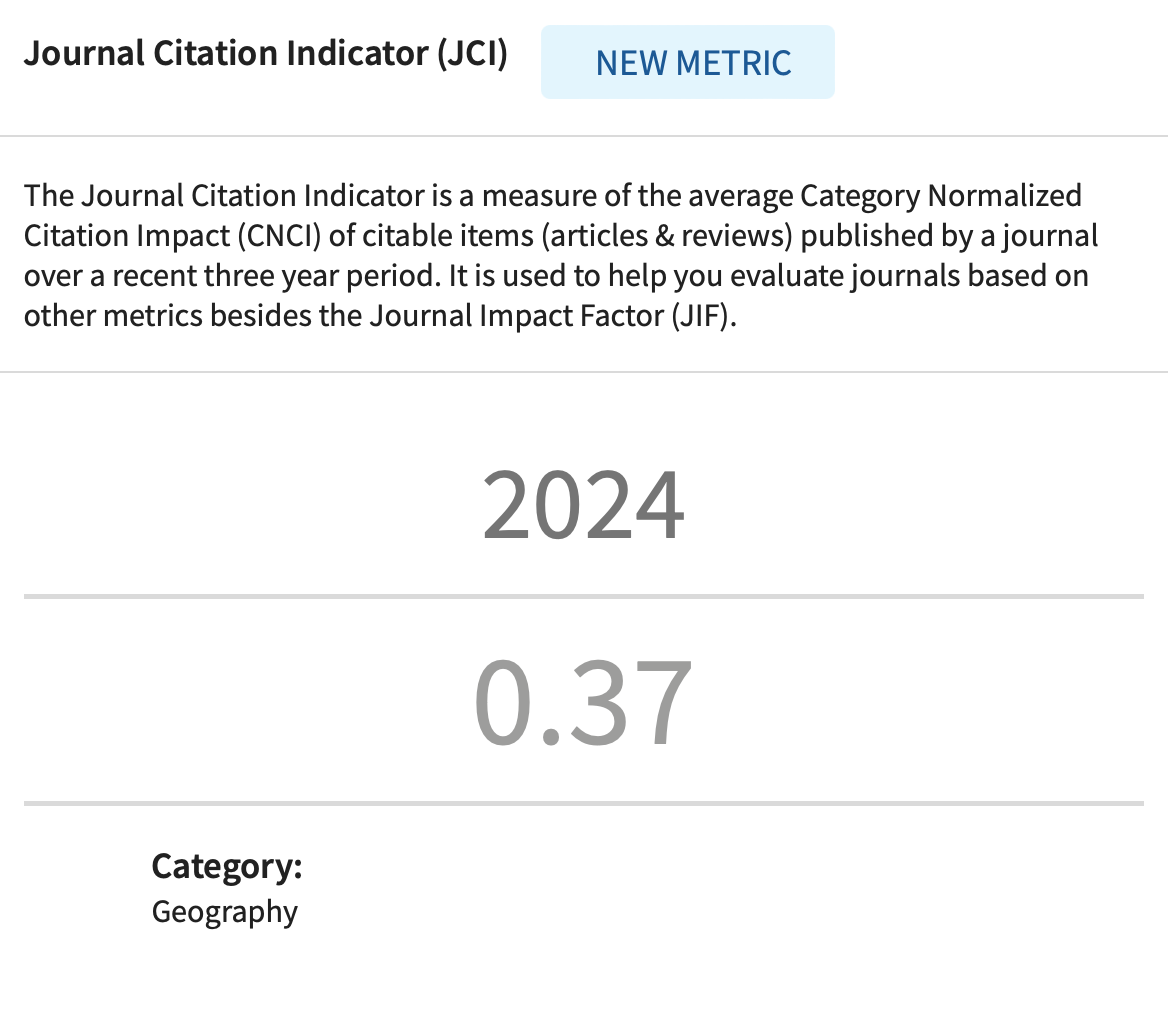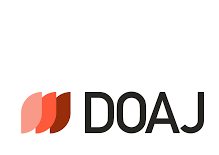Editorial Responsibilities
Editors' responsibilities
The Editors of the Journal of the Geographical Institute “Jovan Cvijić” SASA (Editor-in-Chief with the team of Editors for Physical Geography and Editors for Human Geography) are responsible for deciding which articles submitted will be published. They are guided by the Journal's policies and constrained by the legal requirements in force regarding libel, copyright infringement, and plagiarism. The Editors should hold no conflict of interest regarding the articles they consider for publication. If they feel that there is likely to be a perception of a conflict of interest in relation to their handling of a submission, the selection of reviewers and all decisions on the paper shall be made by the Editorial Board. The Editors have a responsibility to protect the anonymity of reviewers and/or Authors as per the highest academic standards. They shall evaluate manuscripts for their intellectual content free from any racial, gender, sexual, religious, ethnic, or political bias. Assistant Editors assist in the technical preparation and formalization of any peer-reviewed manuscript and make all required consultations with editors on editorial procedure. The final decisions on the accepted manuscripts are presented to members of the Editorial team by the Editors. The decisions were previously made based on peer reviews, their expertise, and an objective judgment of selected acceptable papers. A similarity check is performed on every manuscript submitted for peer review. The Journal does not use any tools to replace peer reviewers in manuscript evaluation, and the Editors do not use AI-based tools in writing the editorial decision letters.
Joint Editors' responsibilities / International Editorial Board (IEB) Members' responsibilities
In recognition of the International Editorial Board Members' scholarly reputation and fine contributions, as well as their prior and continued commitment to the Journal, any member of the Editorial Team is required to be involved in the review process for selected papers at the invitation of the Editors. In addition, the Editors will seek to match the papers with the IEB Members' areas of expertise, although they may also occasionally ask you to review a paper outside your research areas if they anticipate that the IEB Members can contribute in a meaningful way. The Editors will be mindful of keeping a board member's workload as manageable as possible and fully understand that the quality and reputation of the Journal are built on the volunteer service of its editorial board members. The key responsibilities of the IEB Members are outlined below: 1) Timely completion of the review requests. Two to four weeks are commonly required to return a review. 2) Quality reviews. The overall goal of the review process is to provide authors with a constructive (not judgmental) critique and suggestions from you that they can use to improve their work, ensuring it is of the highest possible standard for consideration for publication in the Journal. Being clear, specific, and candid is valuable in your review comments. The constructive feedback is intended to help authors improve their research, and the tone any team member uses should be encouraging, respectful, and nurturing. All research, regardless of its merits by reviewer assessment, is conducted and prepared by authors with considerable time and effort. 3) Be the Journal ambassador. As a member of the Editorial team, each member is expected to serve as a Journal ambassador, promoting the publication, engaging authors, reviewers, and readers, and encouraging quality submissions and review contributions to the Journal. 4) Support (or not) the final decisions of Editors made according to received peer reviews, their expertise, and objective judgment on selected acceptable papers.
Publisher’s responsibilities
A Publisher is committed to ensuring that advertising, reprint, or other commercial revenues have no impact or influence on editorial decisions. The Publisher may assist in communication with other journals and/or publishers where this is useful to the Editors. The Publisher is working with other publishers and associations to establish best-practice standards for ethical matters, errors, and retractions. The publisher is prepared to provide specialized legal review and counsel if necessary.











